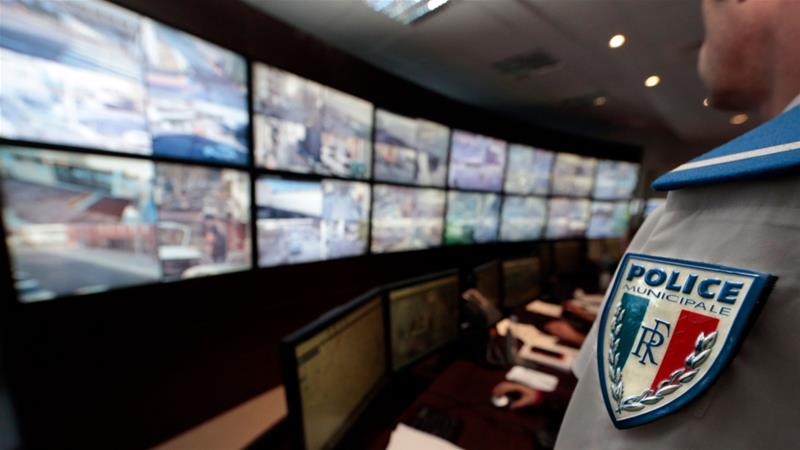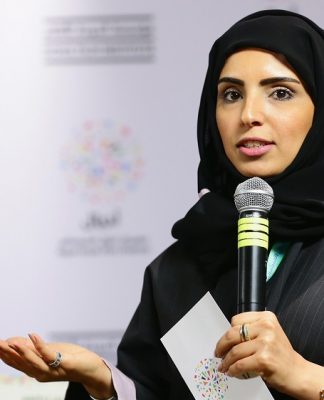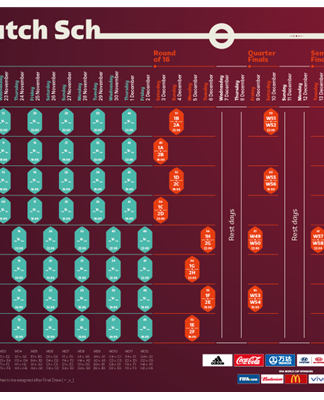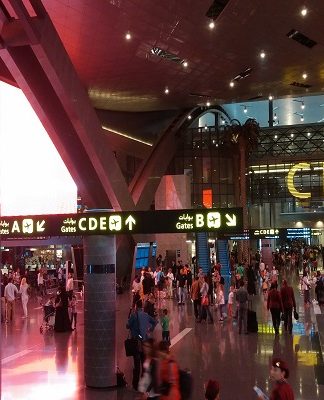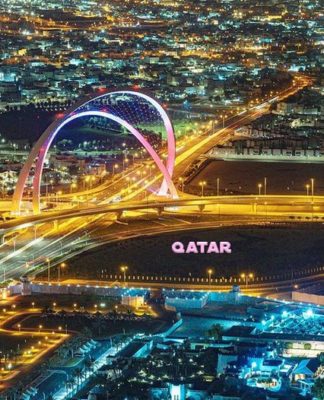Security aid provided by world powers is regularly provided to countries with poor human rights records.
![US, EU, China 'entrench' authoritarianism with spying tech export Over the past two decades, the US, EU and China have all increased their security aid budgets [Eric Gaillard/Reuters]](https://www.aljazeera.com/mritems/imagecache/mbdxxlarge/mritems/Images/2018/7/16/4e6f9f31126440158e40166f9d79ca0d_18.jpg)
The United States, the European Union and China are equipping, training and funding countries around the world, including autocratic governments, with surveillance capabilities, a new report has said, warning that this leads to entrenchment of authoritarianism and abuse against citizens.
The Teach ’em how to phish study was released on Tuesday by Privacy International, a UK-based watchdog.
It highlights how and why Washington, Brussels and Beijing are spending billions of dollars on foreign security aid with the aim of equipping countries with the latest surveillance technologies and training.
“The export of these surveillance capabilities, sometimes to places which lack basic rule of law, therefore carries significant and foreseeable risks to the security and rights of individuals,” the report concludes.
It details several ways of how surveillance practices are being funded, including the installation of surveillance technologies and the providing of intelligence training for state personnel.
“What we’ve found during this is that in most of these countries we’ve looked at, including authoritarian ones, the security institutions and surveillance capabilities are being supported by other governments, particularly ones which themselves have powerful surveillance agencies, either by being financed, trained, or equipped by them,” Privacy International’s Edin Omanovic told Al Jazeera.
“It’s clear that this is driving increased surveillance globally, which is in turn driving abuses,” he added.
“Unfortunately, we’ve seen regular and shocking examples of how surveillance is being used by governments around the world to stay in power by targeting activists, journalists and opposition members,” Omanovic said.
Spreading influence, building borders
According to the report, the US has provided interrogation and digital surveillance training for personnel from countries like Djibouti, Egypt, the Philippines, Pakistan, Saudi Arabia and several others. Some of the countries have been accused of human rights violations and sometimes even torture by the United Nations.
The largest spender on security assistance by far is the US, which spends around 35 percent of all its foreign aid on military and non-military security assistance.
The amount of US money spent annually on foreign security rose quickly after the September 11 attacks in the US – from $5.7bn in 2001 to more than $20bn last year,
But the EU has also been increasing its spending in recent years, with countries with a colonial past like the UK and France being more proligate in an attempt to retain influence in their former colonies, the report says.
“The US is by far the world’s biggest military spender with operations and bases around the world, and has historically used military aid to spread influence,” Omanovic said.
“The EU is focused mostly on migration at the moment because authoritarian leaders and movements have weaponised the issue, claiming it’s an existential threat to European values or security, despite the fact that the vast majority of refugees are based in developing countries,” he added.
“But instead of providing security for people through things like human rights or protection from persecution, the emphasis has been on things like building borders,” he added.
China, on the other hand, has been increasing its foreign footprint by promoting the use of large-scale surveillance and the sharing of intelligence with countries like India, Afghanistan, Pakistan, Kazakhstan and several others.
Lack of oversight
According to EU Member of Parliament Marietje Schaake, whose portfolio includes foreign trade, foreign affairs and human rights, the report “shows the lack of clarity on whether human rights are leading as a criterium to provide or guide assistance”.
“The securitisation of migration is a trend that we see more of, and that risks coming at the expense of human rights and also of longer-term foreign policy objectives such as development,” Schaake told Al Jazeera.
One of the big problems, Omanovic said, is that there is a clear lack of oversight over how the funds are spent and what is actually being achieved.
“No doubt, many of these projects are contributing to greater security for people, better governance of security sectors, and better adherence to human rights law – but at the moment, that’s largely speculation: the level of transparency and reporting about the actual impact of all these projects is currently completely inadequate,” Omanovic said.
He added that “the most worrying thing” is likely not what assistance is being provided – but what is left out.
“These resources come at the expense of development and aid, for things like schools and healthcare,” he said. “These are long-term solutions to things like insecurity and issues around migration.”
Betrayal of values
Schaake added that universal human rights should always be a priority when providing assistance to other countries.
“In any case, public accountability, redress, checks and balances are needed to ensure national security measures and surveillance methods respect the rule of law and universal human rights,” Schaake said.
“As far as European funding is concerned, that should be the minimal threshold.”
“We also need to avoid the proliferation of certain tools that may have been provided for a specific purpose at a specific place, and that can have significantly worse impact when used in a different context,” Schaake said.
The tools cited by Schaake are the so-called “dual-use technologies“. Last year, an investigation showed that European companies could easily circumvent EU checks and balances to export potentially dangerous spy technologies to countries accused of human rights violations.
“It is important to shed light on the global surveillance market, to make sure we have transparency, apply oversight and accountability,” Schaake said.
Over the last year, the EU has attempted to increase the oversight of these dual-use technologies.
Omanovic highlighted that oversight, in general, should increase and that safeguards and transparency should also be improved because the US and EU see themselves as global examples of how human rights should be.
“[These] countries are financing a range of projects promoting rule of law, human rights, and democracy, while also financing projects which support surveillance agencies which ultimately empower authoritarian leaders,” he said.
“Western liberal democracies are supposed to champion things like democracy, rule of law, and human rights; not just because they’re driving values, but because it makes them more secure and more prosperous,” Omanovic said.
“Throwing billions at increasing surveillance capabilities and entrenching authoritarianism is a direct betrayal of these values.”
SOURCE: AL JAZEERA NEWS














